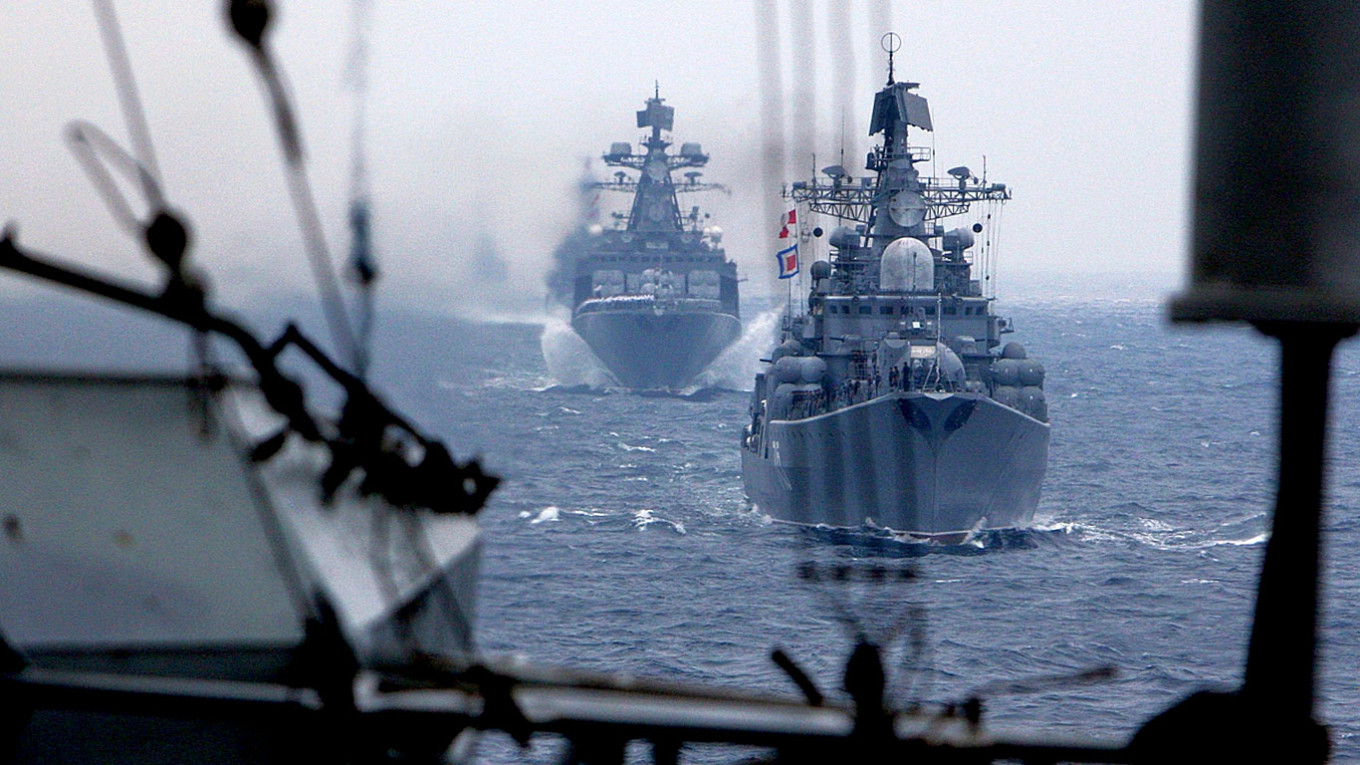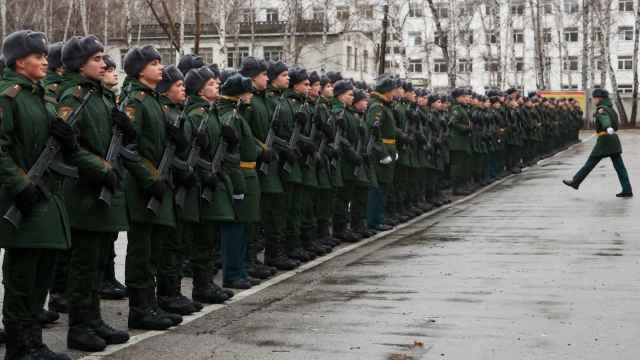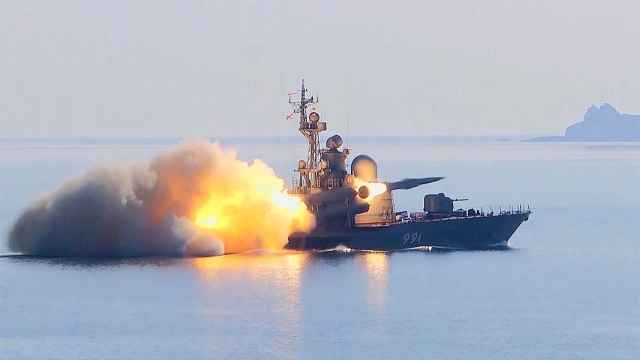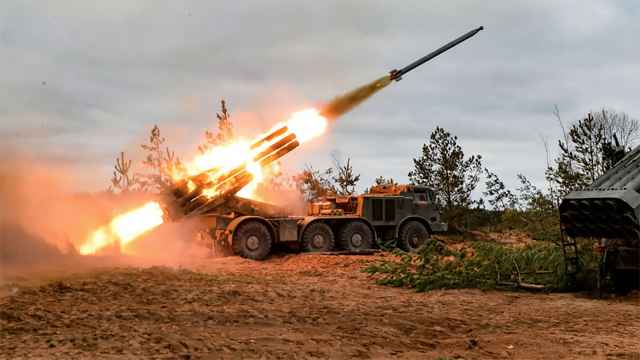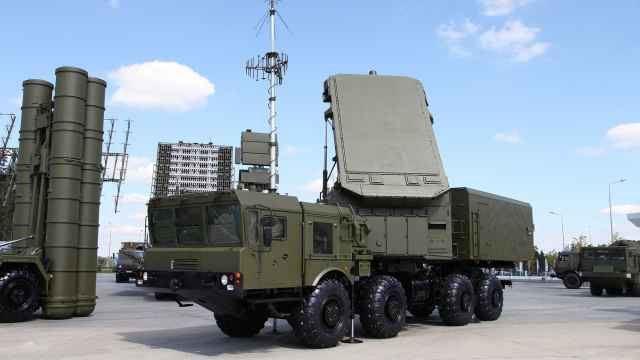Russian Defence Minister Sergei Shoigu said on Friday the country's Pacific Fleet had launched surprise combat drills as tensions rage with the West over Ukraine.
The Kremlin called the exercises "routine" and said they were aimed at developing Russia's armed forces.
At a meeting with Russia's top brass, Shoigu said the Pacific Fleet, headquartered in the port of Vladivostok, was on high alert during snap exercises begun on President Vladimir Putin's orders.
"The main goal of this exercise is to build up the armed forces' ability to solve the tasks of repelling the aggression of a potential enemy from the direction of ocean and sea," Shoigu said.
The aim was "to evaluate the state and increase the readiness of military command, troops, and forces to undertake missions in all strategic directions," Shoigu added.
The defense minister said the forces would prevent the enemy from deploying in "the operationally important region of the Pacific Ocean -- the southern part of the Sea of Okhotsk" and repulse an enemy landing in the southern Kuril Islands and Sakhalin Island.
The southern Kuril islands, which Tokyo calls the Northern Territories, are at the heart of a long-running dispute between Russia and Japan that has prevented a formal World War II peace treaty from being signed.
The head of the Russian navy, Admiral Nikolai Yevmenov, is overseeing the drills, Shoigu said
During the exercises, Russian forces will practice searching and destroying submarines, "repelling large-scale rocket and aviation attacks" and launching rockets, torpedoes, and artillery fire against seaborne and ground targets.
The exercises were announced as China said its defense minister would visit Russia between Sunday and Wednesday.
Both Russia and China have expressed "concern" over NATO's growing presence in the Asia-Pacific region.
A Message from The Moscow Times:
Dear readers,
We are facing unprecedented challenges. Russia's Prosecutor General's Office has designated The Moscow Times as an "undesirable" organization, criminalizing our work and putting our staff at risk of prosecution. This follows our earlier unjust labeling as a "foreign agent."
These actions are direct attempts to silence independent journalism in Russia. The authorities claim our work "discredits the decisions of the Russian leadership." We see things differently: we strive to provide accurate, unbiased reporting on Russia.
We, the journalists of The Moscow Times, refuse to be silenced. But to continue our work, we need your help.
Your support, no matter how small, makes a world of difference. If you can, please support us monthly starting from just $2. It's quick to set up, and every contribution makes a significant impact.
By supporting The Moscow Times, you're defending open, independent journalism in the face of repression. Thank you for standing with us.
Remind me later.


